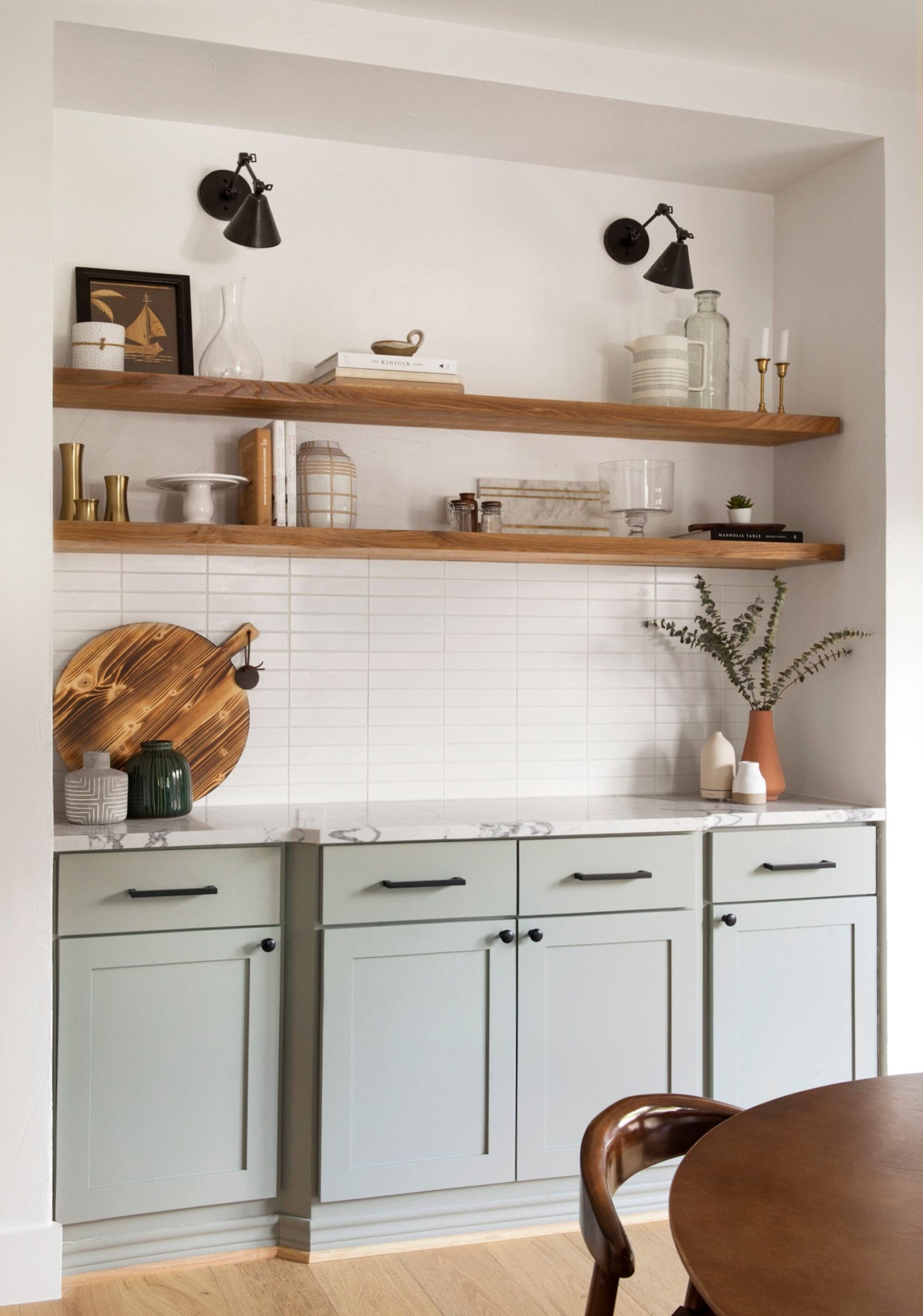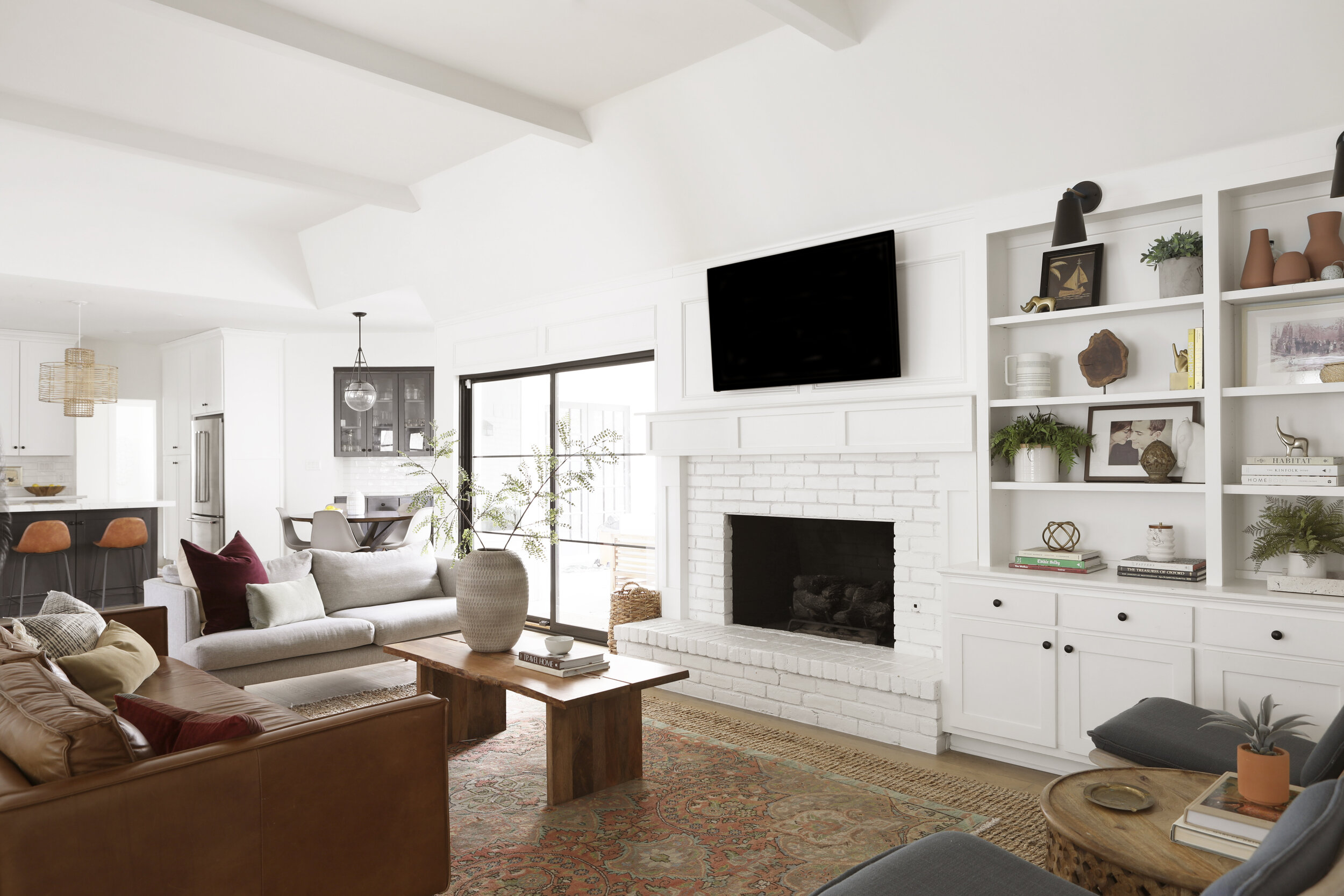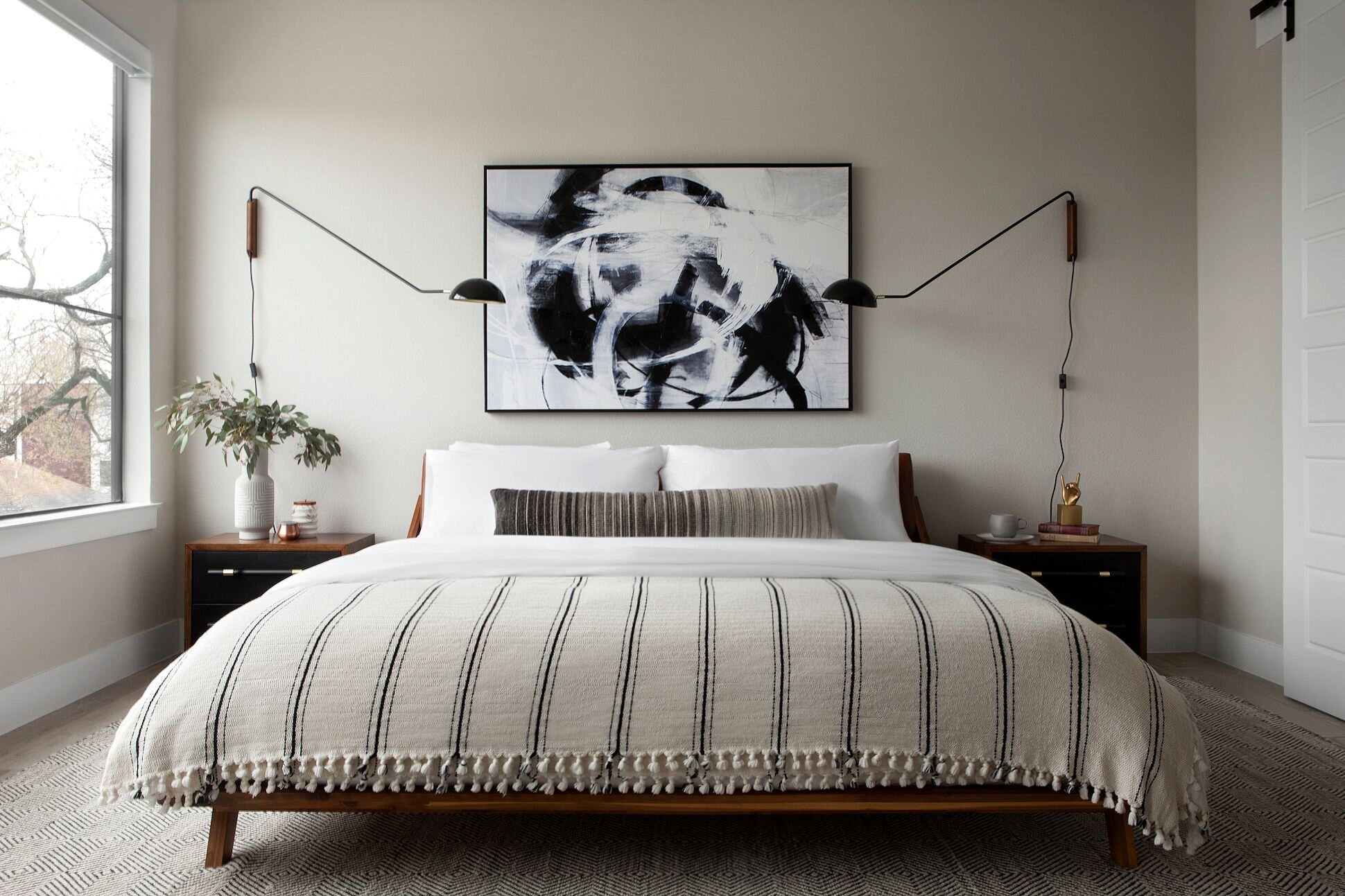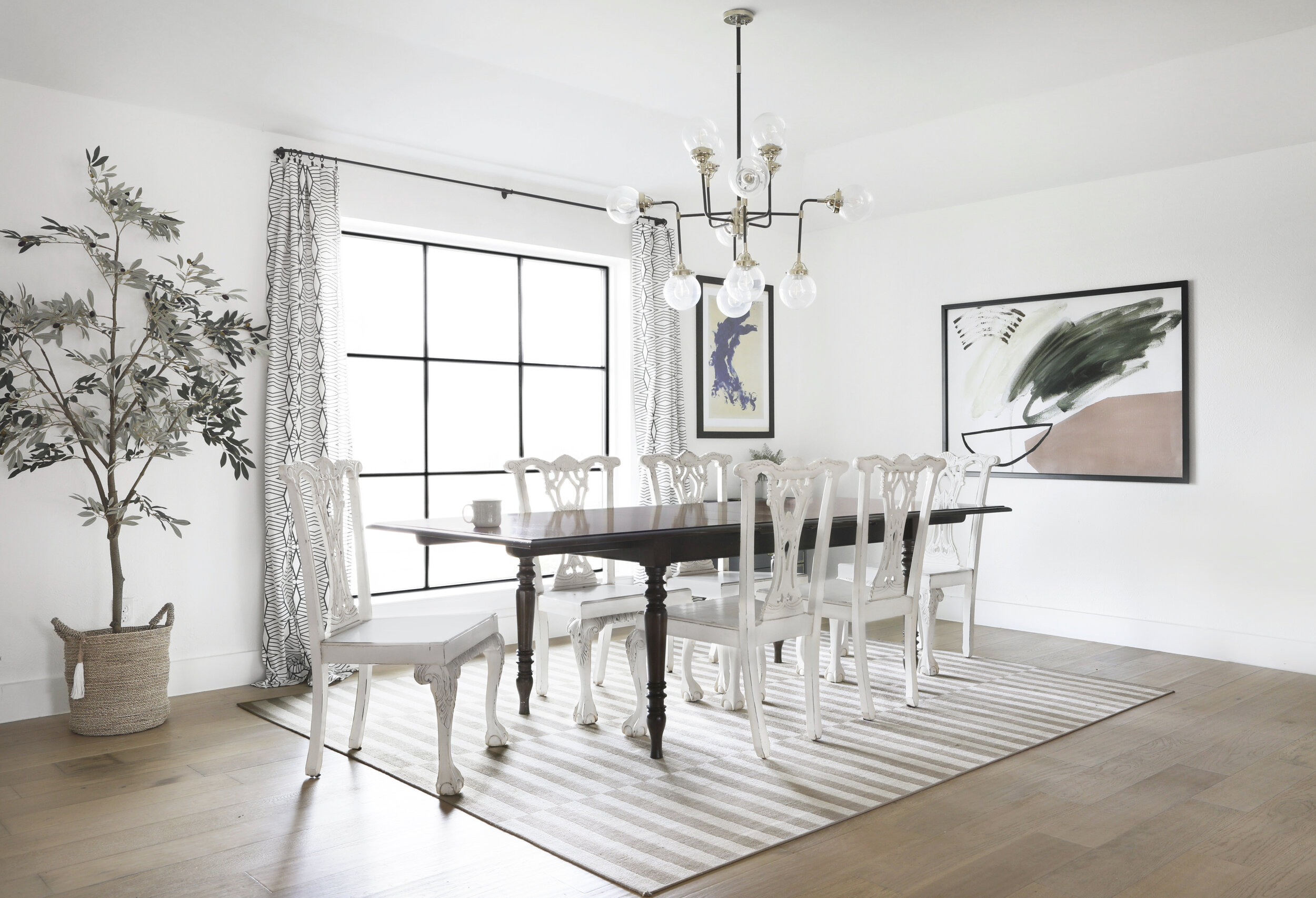When this blog started, we were all at the beginning of sheltering in place. It felt like the highest needs were functionality and beauty. And while those things still remain valuable (when will they not?), the world around us has become heavy; heavier than I, personally, have ever known. Not only are we still wading through a global pandemic and all that follows, a fight for justice and equality is being waged on every front. Don’t get me wrong – this is a GOOD fight and one we should engage in, but revolutions are exhausting. Suddenly our homes not only need to work for us and be filled with beauty, but they need to be a sanctuary. They need to be places of refuge, restoration, and reconciliation. In a word, our homes – now more than ever – need to become havens. But how do we do this? With endless messes, workplace stressors, screaming children (like so. much. screaming.), the cards definitely seem to be stacked against us. This is something I am passionate about, however, and while I most certainly have not “arrived” in this area, I want to share a few practices that never fail to yield the fruit of peace in my home.
Minimization

Carriage Hills Project, photographed by Matti Gresham
I’ve written a whole post about this before, so be sure to check it out if you haven’t already. Recently I was giving an interview, and I was asked what steps people could take to promote physical wellness in their homes. My answer? Rid yourself of excess. I went so far as to estimate that 40-50% of our possessions are superfluous and need to be disposed of. That sounds extreme, but hear me out. Let’s take promotional products alone. Cups, t-shirts, lunch boxes with a company’s branding plastered all over it… They’re everywhere, right? What about food storage containers you can no longer actually use because you’ve lost the lids? Clothes you no longer love, or that no longer fit your children. Toys that are broken or unused, but still hang around. Christmas gifts from that whacky aunt you will never use or display… I could go on and on. Cluttered environments increase the visual “noise”, which will literally inhibit your ability to fully relax as your eye remains constantly engaged (this is especially true for those of you who suffer from migraines, according to one study). And, more obviously: fewer things in general means fewer things to clean up. Fewer messes. Fewer lost items. Paring down your possessions cuts down some of the most aggressive domestic stressors we face, and it is worth your time.
Engage Your Senses

Our Family Room (sources here), photographed by Matti Gresham
I know: I did just advocate giving your senses a rest, and now I seem to be pushing the opposite. Here is the distinction: minimizing will allow your senses to rest from stressful inputs, freeing those five gifts up to receive these new contributions I’m going to suggest. Optimize your home for natural light by raising all blinds/shades and drawing your curtains, reducing the harshness of electricity. Fill your home only with pieces you truly love, giving yourself a small visual gift every time you pass it. Bring in soft textiles like throw blankets and layered rugs, promoting rest. As far as you are able, prepare your own food; there is something holy (and humbling) about being involved in the gathering of God’s provisions and putting effort into feeding yourself and others. Turn off the television and fill your home with music that moves you (or, maybe better yet, explore the gift of silence). Light candles or diffuse oils that impactful but not overpowering (this is the diffuser we have and I’m obsessed).
Make Peace a Goal

The Deere Project (sources here), photographed by Matti Gresham
While sensory peace is a gift and something we can strive for, it’s often out of our hands (for instance, we have three little boys with BIG energy and BIG emotions running around our house). But there is a different kind of peace we can pursue and cultivate in our homes. It requires rising early in order to put priorities in their proper order (for me that is connecting with God through His word and through prayer first thing). It requires asking for forgiveness (and forgiving others) quickly. It requires teaching conflict resolution to our children, and modeling it in front of them. We can practice solitude and choose silence, even though the distractions around us are unending. Disordered lives, fractured relationships, and overstimulation are the enemies of peace, but luckily it’s a winnable fight.
Invite Others In

Our Dining Room (sources here), photographed by Matti Gresham
One of the fundamental reasons I do what I do is because I have seen the impact that creating a home that you love has on not only yourself, but those around you. I firmly believe that you will practice radical hospitality when your home is a space that gives you life. We give out of our abundance. So making your home a place of refuge has ripple effects that go beyond you and your family.
What do you think? Anything you’d add? Any simple changes you’ve made in your homes that have brought you more peace? I’d love to hear!
xo,
sarah
I love this!! I totally believe that intentionality in design can help steward a space for peace and hospitality. And I love that we can use our homes in this way as worship! So good!
YES! Thank you, Bailey!
Beautiful!
Modeling conflict resolution for your boys – now that is wonderful. Thank you.
I truly believe we can change the world that way! Thank you for reading!